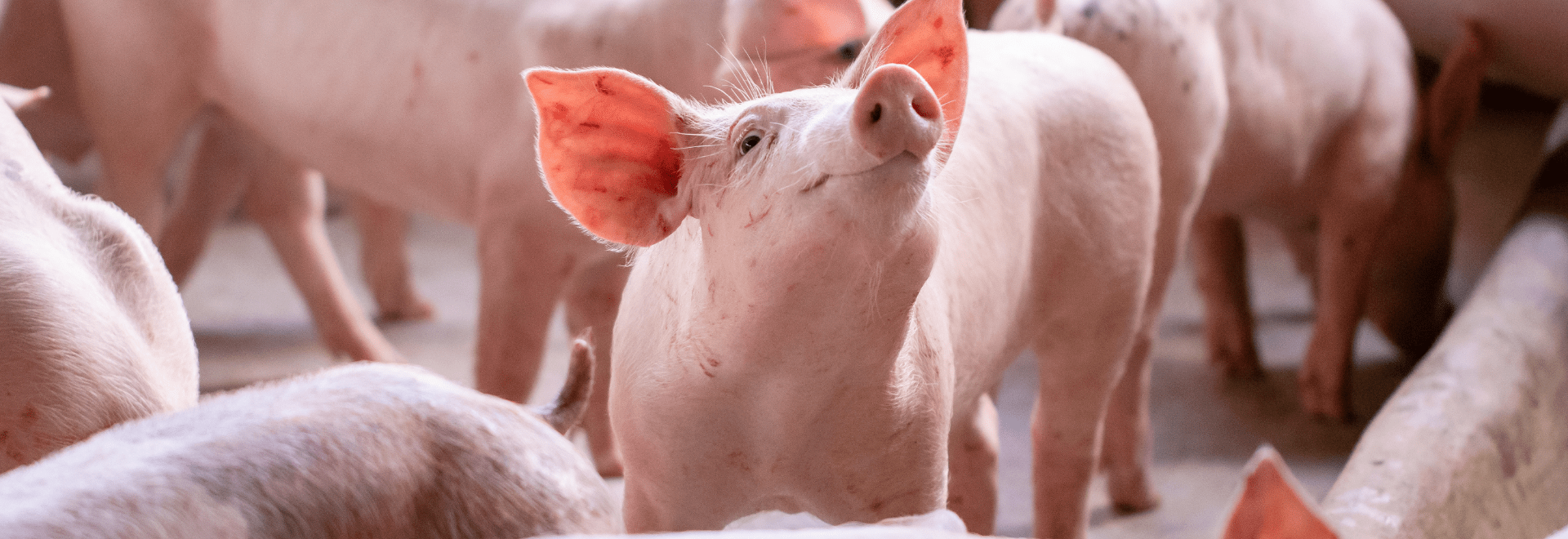Vitamin D’s essential role in improving animal health and performance is widely researched and documented. Studies across animal species show Vitamin D has positive effects on bone strength, prevents rickets, improves fertility, increases birth weight and contributes to better quality end products.
Vitamin D Enhances the Performance of Farm Animals
Swine: Vitamin D has been shown to play multiple significant roles in improving pig health by modulating calcium and phosphorus homeostasis, skeletal muscle development and the immune system.
Recent advances of vitamin D in immune, reproduction, performance for pig: a review
Poultry: Vitamin D3 deficiency has been linked with reduced egg production and egg quality, as well as increased feed intake and feed-to-egg ratio. Vitamin D3 supplementation could protect laying hens not only from Vitamin D3 deficiency but also from immunological stress.
Dietary vitamin D3 supplementation protects laying hens against lipopolysaccharide-induced immunological stress
Cattle: Vitamin D is imperative to sustain health, longevity, intense milk production and to reduce the reliance on antimicrobials. Despite its importance, many cattle are deficient in Vitamin D due to inadequate supplementation or insufficient sun exposure.
A review of vitamin D and its importance to the health of dairy cattle
Vitamin D is Essential for the Health of Companion Animals
Unlike other mammalian species, dogs and cats are unable to synthesize Vitamin D through sun exposure and are dependent on its dietary intake. Vitamin D is necessary for stimulating intestinal calcium and phosphate absorption, renal calcium and phosphate reabsorption and regulating bone mineral metabolism.
The Role of Vitamin D in Small Animal Bone Metabolism
